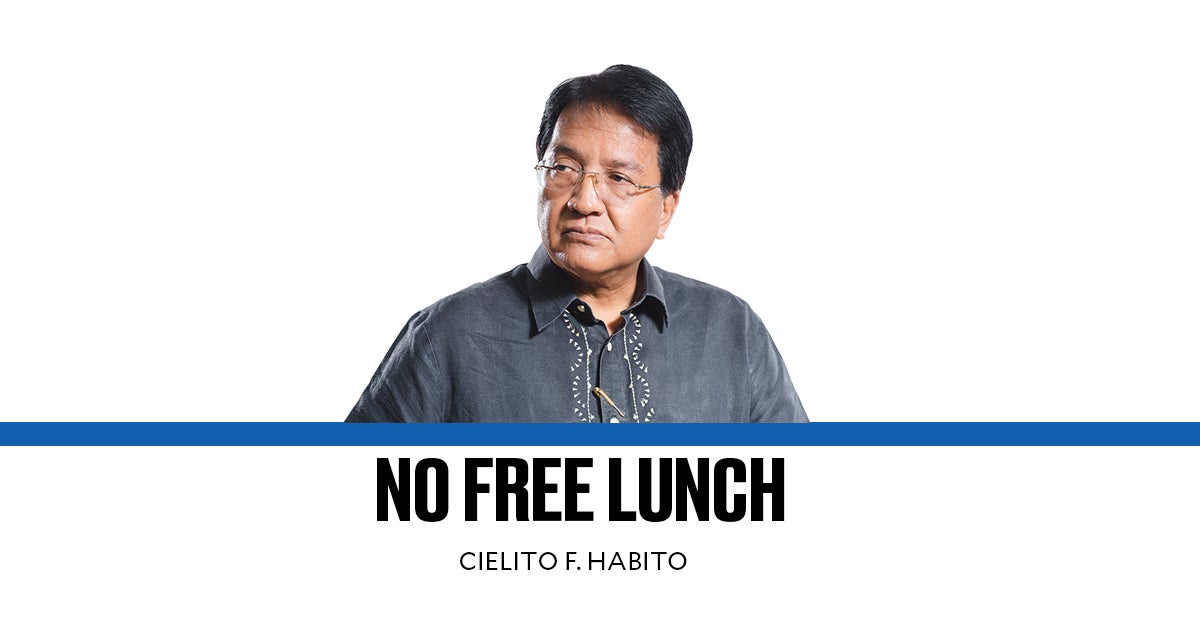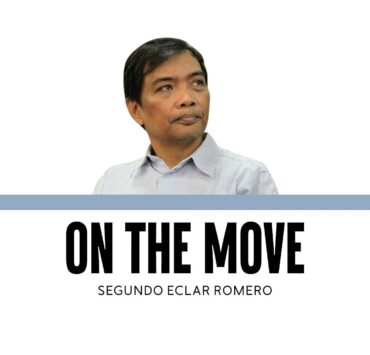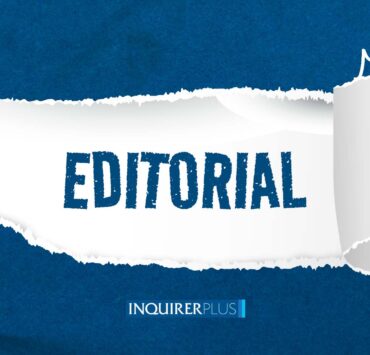Regaining trust and hope

Will we now see a decisive shift in public sentiment that will finally lead to much wider involvement and sustained effort in fighting the evil of corruption in this country? Recently, I wrote, half-cynically, about how Filipinos seem to have a ”flavor-of-the-month” mentality in dealing with national issues, especially in matters of bad politics and governance. I was almost betting that the massive corruption scandal involving spurious flood control projects would be out of people’s minds in a matter of weeks or months—and life would go on in its usual course, including for the offenders themselves.
That cynicism is not unfounded, having seen the same corrupt public officials for decades, from the highest levels down to the lowest bureaucrats, still strutting about in positions of power, influence, and (ir)responsibility, still in control of people’s destinies. Some of them now even brazenly and hypocritically declare that they will act to curb and punish the very misdeeds they have been committing all this time. We have degenerated into a society where we cannot even tell who or what to believe anymore.
This is not a recent phenomenon. Years ago, I wrote about how the Philippines in 2014 embarrassingly stood out worldwide with the lowest level of trust, measured as the percentage of people agreeing with the statement “most people can be trusted” (see “Trust and social cohesion,” 1/21/20). This was from the World Values Survey (WVS), a global network of social scientists studying changing values and their impact on social and political life. The survey found that only three in every 100 Filipinos surveyed agreed with the statement. Trinidad and Tobago, Colombia, and Ghana were the only other countries with trust levels of no more than 5 percent. The 2022 WVS results show Filipinos as still among the least trustful of others (slightly improved to 5.3 percent), in the undistinguished company of Zimbabwe, Ghana, Nicaragua, and a few others.
WVS has consistently shown that the level of trust in a country correlates closely with the cultural, social, and economic dimensions of human well-being. In particular, it has a strong correlation with the level of economic activity and average income (GDP per capita). More intensive research has revealed a causal relationship beyond mere statistical correlation, i.e., that trust indeed drives economic growth and leads to economic prosperity. Conversely, low levels of trust lead to economic stagnation and low incomes, a state the Philippines has been trapped in, together with the above-named countries stuck with us in the lower left corner of the WVS trust-income graph.
Thus, unless and until we Filipinos somehow manage to regain trust in our government and in one another, it would appear impossible to fulfill our dreams to uplift our nation’s economic and sociocultural well-being. Closely tied to the trust we urgently must regain, is hope that we as a people, can triumph over the evil that has been weighing our country down. But mustering that hope is extremely hard when we see how deep and pervasive evil has become in our society. Many see it rooted in our failures in education that have transcended more than a generation, and with our current dismal performance in global educational assessments, even the hope that our salvation lies in the next generation is slipping away. But fixing our schools, teachers, and textbooks will not be enough. It requires fixing our farms, so high food costs won’t deprive so many children of crucial nutrition, especially in their early years when brain development is most critical, and when severe malnutrition and stunting inflict lifelong damage to their cognitive and learning abilities. It thus requires that large budgets meant to help our farmers raise productivity do not go the same way as the massive leakages in public works funds now being exposed in full view (even as such agriculture budget leakages, in fact, had already had their turn as “flavor of the month” before). And we go full circle in the vicious cycle of corruption and poverty our country is trapped in.
What hope do we have, then? Fellow Inquirer columnist Randy David points to the 2028 elections as our chance to install leaders who can help restore trust and inspire hope. Amid loose talk about an extraconstitutional replacement of the government, he insists that we can “clean the house without breaking the republic” (see “Cleaning house without breaking the republic,” 10/12/25). His eminent brother, Cardinal Pablo Virgilio David, similarly preaches that we need not “burn the house down to get rid of the rats.” But both argue that the hope for lasting change lies in all of us, and it begins with renouncing, in our own daily lives, the same wrong ethical and moral choices that led today’s celebrated public villains to commit the grievous sins that everyone now wants them punished for. Only then can we attain and deserve righteous leaders who will redeem our nation’s future.
—————-
cielito.habito@gmail.com


















